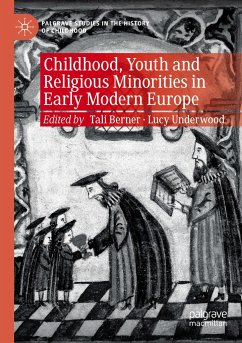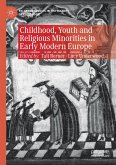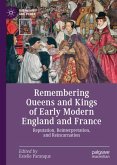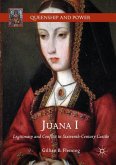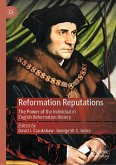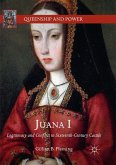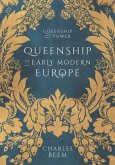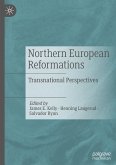This edited collection examines different aspects of the experience and significance of childhood, youth and family relations in minority religious groups in north-west Europe in the late medieval, Reformation and post-Reformation era. It aims to take a comparative approach, including chapters on Protestant, Catholic and Jewish communities. The chapters are organised into themed sections, on 'Childhood, religious practice and minority status', 'Family and responses to persecution', and 'Religious division and the family: co-operation and conflict'. Contributors to the volume consider issues such as religious conversion, the impact of persecution on childhood and family life, emotion and affectivity, the role of childhood and memory, state intervention in children's religious upbringing, the impact of confessionally mixed marriages, persecution and co-existence. Some chapters focus on one confessional group, whilst others make comparisons between them.
"One of the strengths of this book is the variety of the sources used, which allows for a greater insight into how the religious upheaval of early modern Europe affected children across different religions. ... the chapters are expertly written and do much to highlight the religious upheaval of the early modern period in Europe and its resulting impact on children from minority religions." (Loretta Dolan, The Journal of the History of Childhood and Youth, Vol. 16 (1), 2023)
"Childhood, Youth and Religious Minorities in Early Modern Europe should be of interest not only to those who study childhood, youth, and the family, but to anyone interested in minorities in medievaland early modern Europe. Readers interested in the history of emotions, identity formation, and migration-indeed, anyone who seeks a better understanding of interreligious conflicts and persecutions in premodern Europe-will also benefit from this collection." (Eyal Levinson, Journal of British Studies, Vol.60 (4), October, 2021)
"Childhood, Youth and Religious Minorities in Early Modern Europe should be of interest not only to those who study childhood, youth, and the family, but to anyone interested in minorities in medievaland early modern Europe. Readers interested in the history of emotions, identity formation, and migration-indeed, anyone who seeks a better understanding of interreligious conflicts and persecutions in premodern Europe-will also benefit from this collection." (Eyal Levinson, Journal of British Studies, Vol.60 (4), October, 2021)

